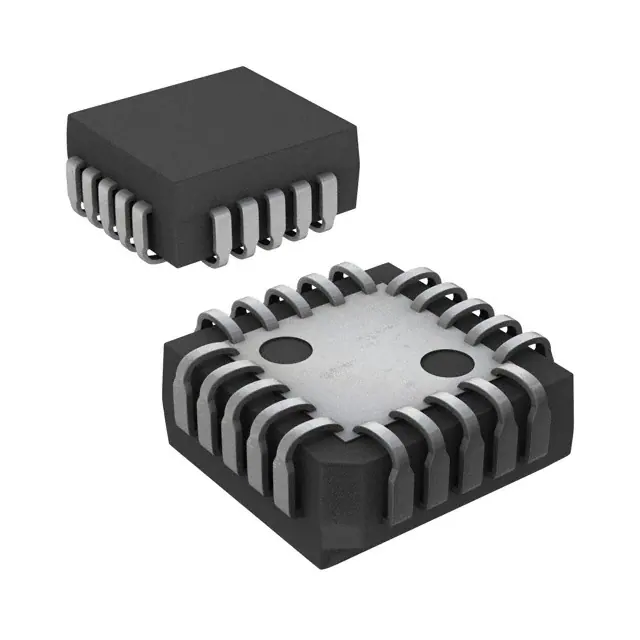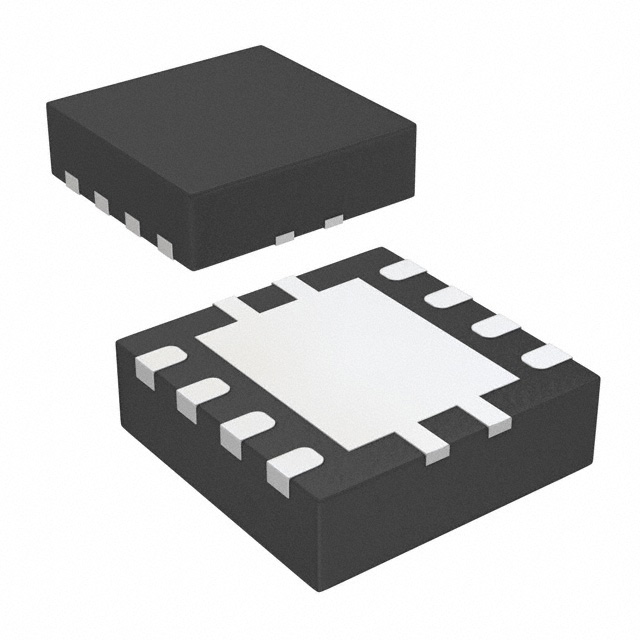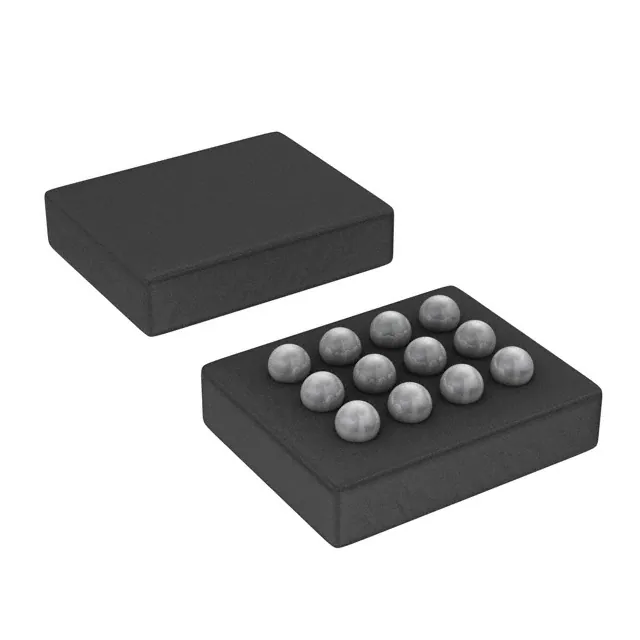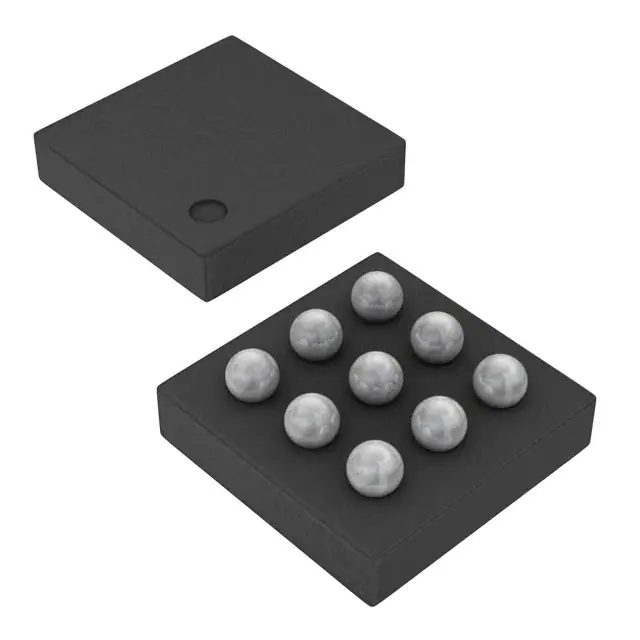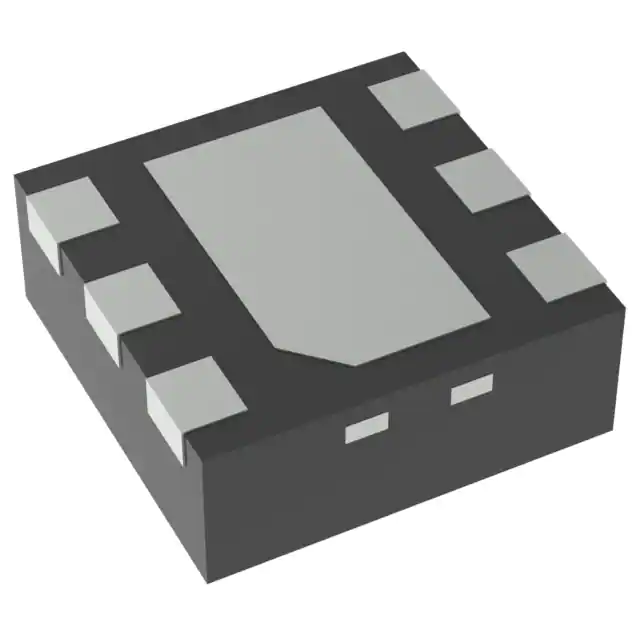· Drives LEDs, LCDs or Vacuum Fluorescents
· Bar or Dot Display Mode Externally Selectable by User
· Expandable to Displays of 100 Steps
· Internal Voltage Reference from 1.2V to 12V· Operates with Single Supply of Less than 3V
· Inputs Operate Down to Ground
· Output Current Programmable from 2 mA to 30 mA
· No Multiplex Switching or Interaction Between Outputs
· Input Withstands ±35V without Damage or False Outputs
· LED Driver Outputs are Current Regulated, Open-collectors
· Outputs can Interface with TTL or CMOS Logic· The Internal 10-step Divider is Floating and can be Referenced to a Wide Range of Voltages
DESCRIPTION
The LM3914 is a monolithic integrated circuit that senses analog voltage levels and drives 10 LEDs, providing a linear analog display.A single pinchanges the display from a moving dot to a bar graph. Current drive to the LEDs is regulated andprogrammable, eliminating the need for resistors.
This feature is one that allows operation of the whole system from less than 3V.
The circuit contains its own adjustable reference andaccurate 10-step voltage divider. The low-bias-current input buffer accepts signals down to ground, or V, yet needs no protection against inputs of 35V above or below ground. The buffer drives 10 individual comparators referenced to the precision divider.Indication non-linearity can thus be held typically to i%, even over a wide temperature range.
Versatility was designed into the LM3914 so that controller, visual alarm, and expanded scale functions are easily added on to the display system. The circuit can drive LEDs of many colors, or low-current incandescent lamps. Many LM3914s can be"chained"to form displays of 20 to over 100 segments. Both ends of the voltage divider are externally available so that 2 drivers can be made into a zero-center meter.
The LM3914 is very easy to apply as an analog meter circuit.A 1.2V full-scale meter requires only 1resistor and a single 3V to 15V supply in addition to the 10 display LEDs. If the 1 resistor is a pot, itbecomes the LED brightness control. The simplified block diagram illustrates this extremely simple external circuitry.
When in the dot mode, there is a small amount ofoverlap or "fade"(about 1 mV) between segments.This assures that at no time will al LEDs be"OFF", and thus any ambiguous display is avoided. Various novel displays are possible.
Much of the display flexibility derives from the fact that all outputs are individual, DC regulated currents.Various effects can be achieved by modulating these currents. The individual outputs can drive a transistor as well as a LED at the same time, so controller functions including "staging"control can be performed. The LM3914 can also act as a programmer, or sequencer.
(Picture: Pinout)

